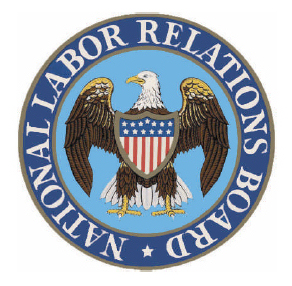A New York Lawsuit Could Test the NLRB’s Joint-Employer Rule
The National Labor Relations Board (NLRB) may have another chance to cut its teeth on its new joint-employer rule in New York State.
This after a victory by State Attorney General Eric Schneiderman against a Papa John’s Pizza franchisee over claims the owner of six New York restaurants had shortchanged employees of pay over a six year span.
According to the New York Post, the $800,000 judgement against the franchisee may only be the beginning:
“In addition to going after the franchisee, Scheiderman is weighing legal action against parent company Papa John’s, alleging that officials were aware of the franchisee’s actions.”
The plan, according to the Post, is to tie in the violations found of the franchisee to company founder John Schnatter, even though a spokesman said the company has already terminated this franchisee for violating his contract.
Under the NLRB joint-employer rule, Schnatter and his Papa John’s parent company could be held responsible for the actions of this one franchisee. And so, theoretically, could the individual owners of the nation’s 3,200 Papa Johns restaurants, depending on the terms of their franchise agreements.
Success by the New York AG could be devastating for the entire franchise industry. In its 50 years of existence, the franchise business model has been responsible for the creation of 770,000 businesses, and 18 million direct and indirect jobs. Not only that, but franchised businesses have contributed $2 trillion to the American economy.
This happens because the relationship between franchisors and the individual small business owners who use the franchise brand allows franchisees to have say in their day to day operations of their local businesses. Local owners decide who to hire, fire and how much to pay their employees. Local employer-employee disputes should stay that way – local. That’s how the Papa John’s case initially worked out in New York.
Under the joint employer designation, parent companies may get more involved in the day to day operations of their franchisees, simply to protect themselves from financial harm. They may also be less willing to take on new franchisees. And local franchise owners do not risk their savings nor do they work tirelessly to create a successful company only to have less autonomy over their own business.
The franchise model has been the road to business opportunity for so many Americans – minorities in particular. There is no reason to upend such a successful method.
Job Creators Network ha s an ongoing campaign to raise awareness about the dangers to the franchise model that could result from the joint employer decision. Please visit our Defend Main Street website to learn more, and to tell the NLRB that this is unacceptable.
s an ongoing campaign to raise awareness about the dangers to the franchise model that could result from the joint employer decision. Please visit our Defend Main Street website to learn more, and to tell the NLRB that this is unacceptable.



